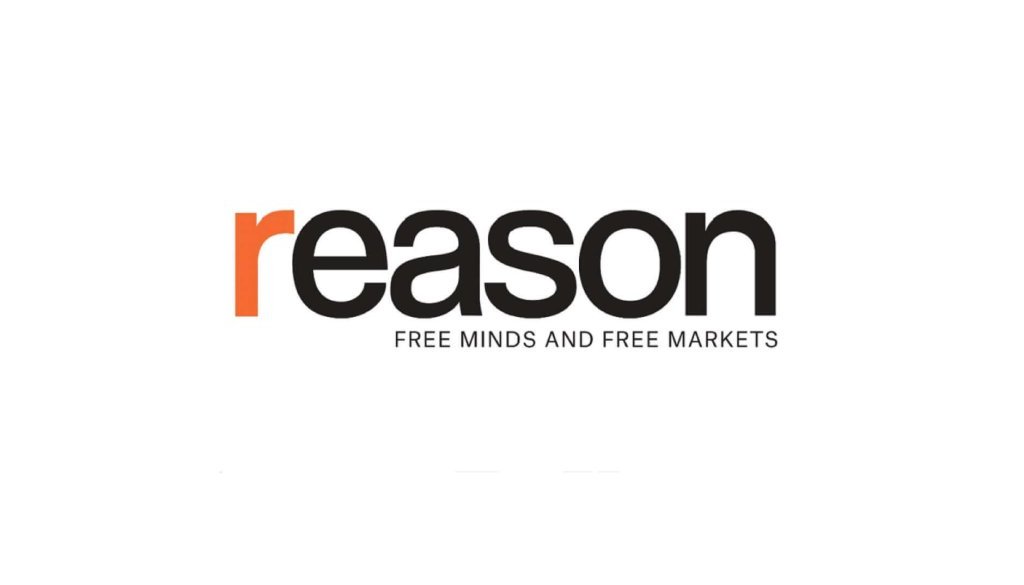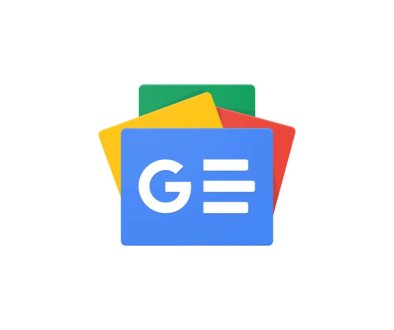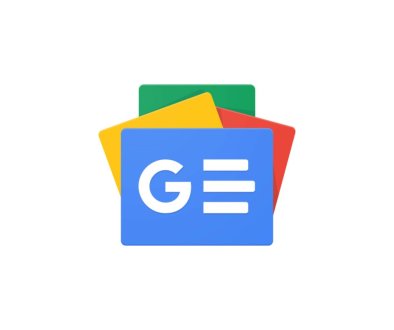How To Keep Your Radio Station Going When the Government’s Checks Don’t Come
It finally happened: After decades of putting on a show of threatening to pull public broadcasting’s federal funds, the Republican Party changed its mindset and decided to actually do it. The rescissions package that the Senate approved in the wee hours of Thursday morning will claw back the money that Congress allocated to the Corporation for Public Broadcasting (CPB). The House still needs to approve the revised bill by midnight Friday, but that feels like a foregone conclusion.
In the past this would be someone’s cue to bring up the fate of poor little Elmo, but these days Sesame Street has a home on Netflix anyway. And PBS and NPR themselves are sure to survive this cut. (Remember that huge endowment that Joan B. Kroc left to NPR 22 years ago? Last I heard, the network hadn’t even touched the principal.) Much of the debate about the bill has therefore focused on individual stations that receive CPB subsidies.
So suppose you work at a noncommercial radio station and you suddenly have a hole in your budget. Maybe you’ll try to fill that gap with an emergency fundraiser—but even if that’s a smashing success, you can’t count on your listeners to stay in crisis mode forever. If you’ve been relying on the government’s money and the government isn’t sending you those checks anymore, you’ll need to find a way to keep yourself afloat, and that might mean changing your approach to broadcasting.
There are, broadly speaking, two ways to try to get by without federal support. One is to become much more commercial, and the other is to become much less commercial.
The “much more commercial” strategy is easier to envision because it’s what most public broadcasters have been doing already for years. An underwriting announcement is basically a more genteel advertisement, and those boomer-music marathons on PBS are as brazen a case of chasing an affluent demographic as anything on network TV. So one path would be to lean into this approach and air more of the programming that brings in the most dollars.
This strategy has its limits, some of them imposed by law. Suppose there’s a kombucha company that’s pretty sure its target market listens to a lot of public radio. Under the rules of the Federal Communications Commission (FCC), a nominally noncommercial station can announce that a show is supported by a generous grant from a local kombucha brewer, but that announcement cannot include price information (“One delicious cup of cayen
Article from Reason.com

The Reason Magazine website is a go-to destination for libertarians seeking cogent analysis, investigative reporting, and thought-provoking commentary. Championing the principles of individual freedom, limited government, and free markets, the site offers a diverse range of articles, videos, and podcasts that challenge conventional wisdom and advocate for libertarian solutions. Whether you’re interested in politics, culture, or technology, Reason provides a unique lens that prioritizes liberty and rational discourse. It’s an essential resource for those who value critical thinking and nuanced debate in the pursuit of a freer society.




